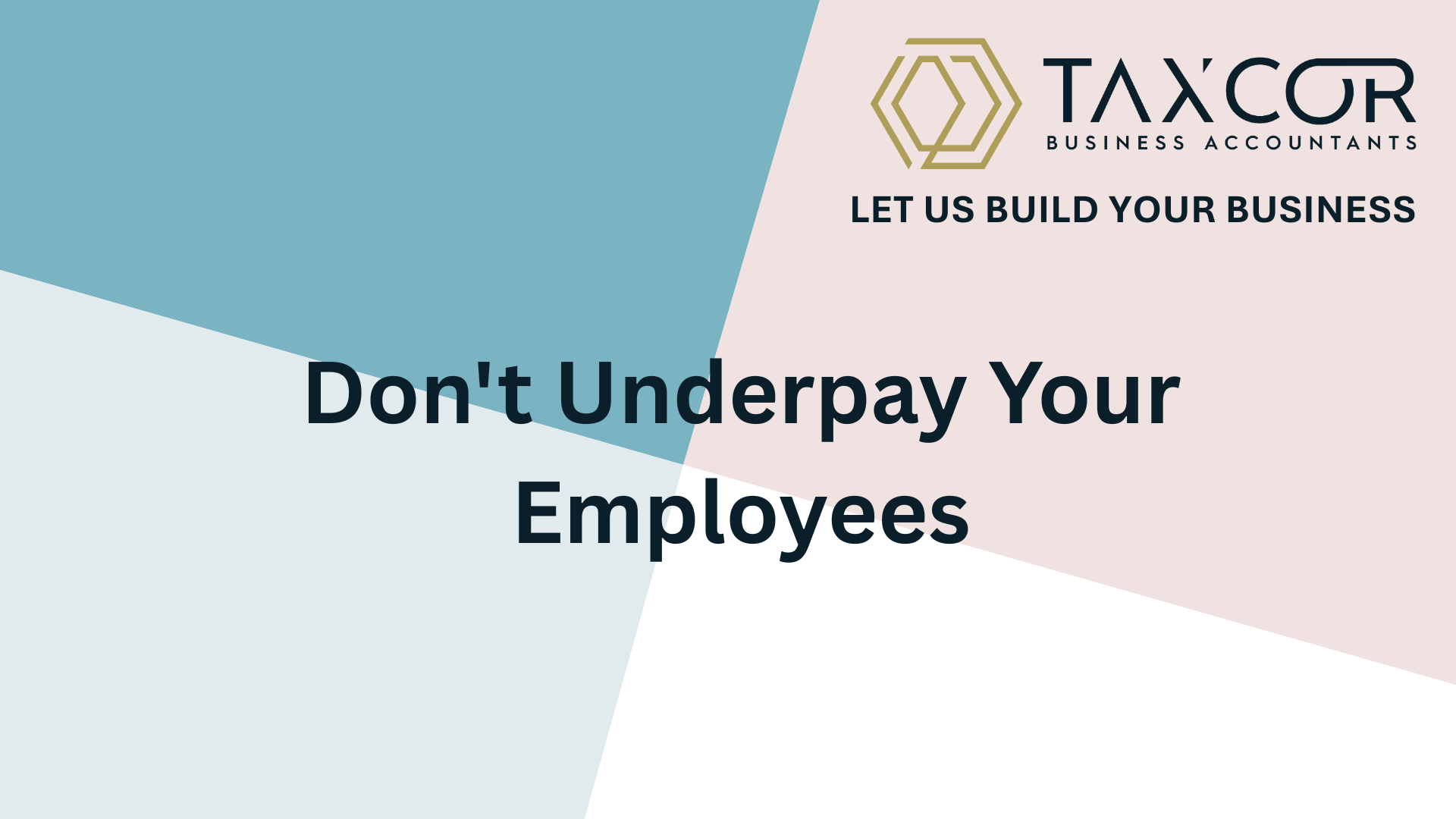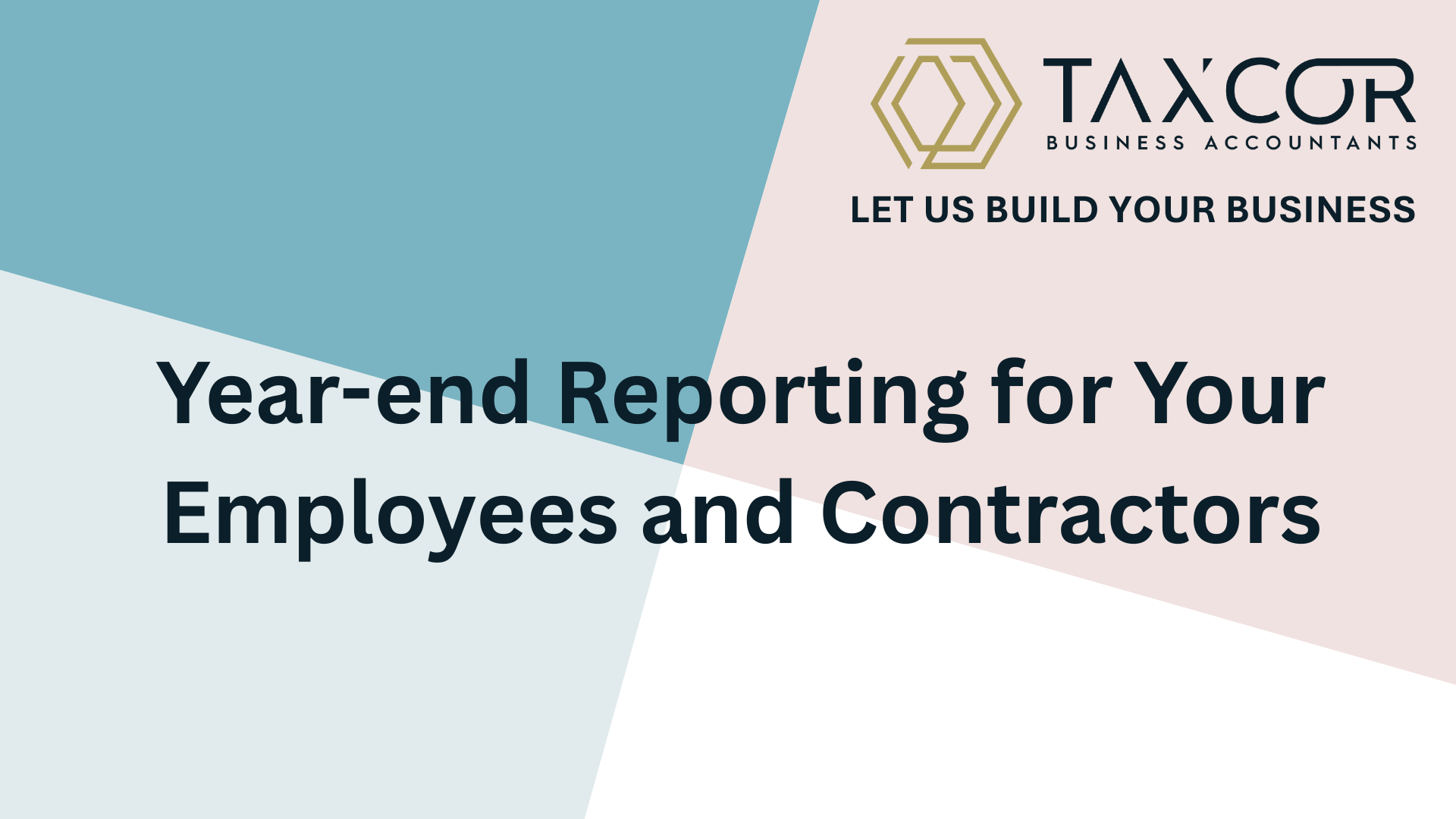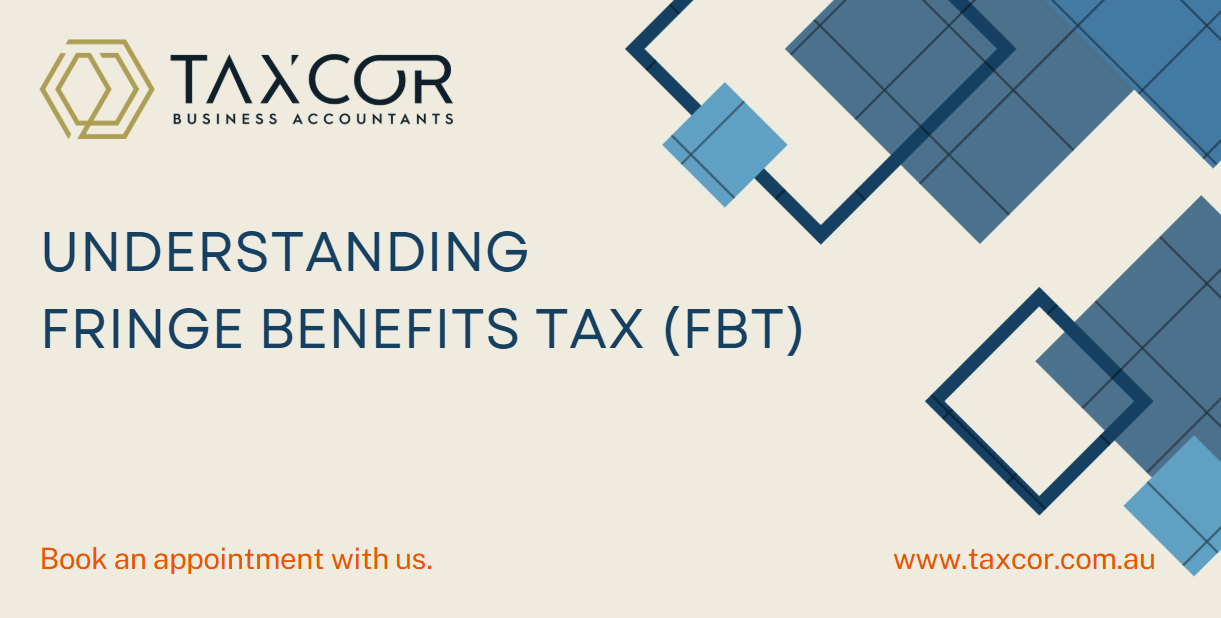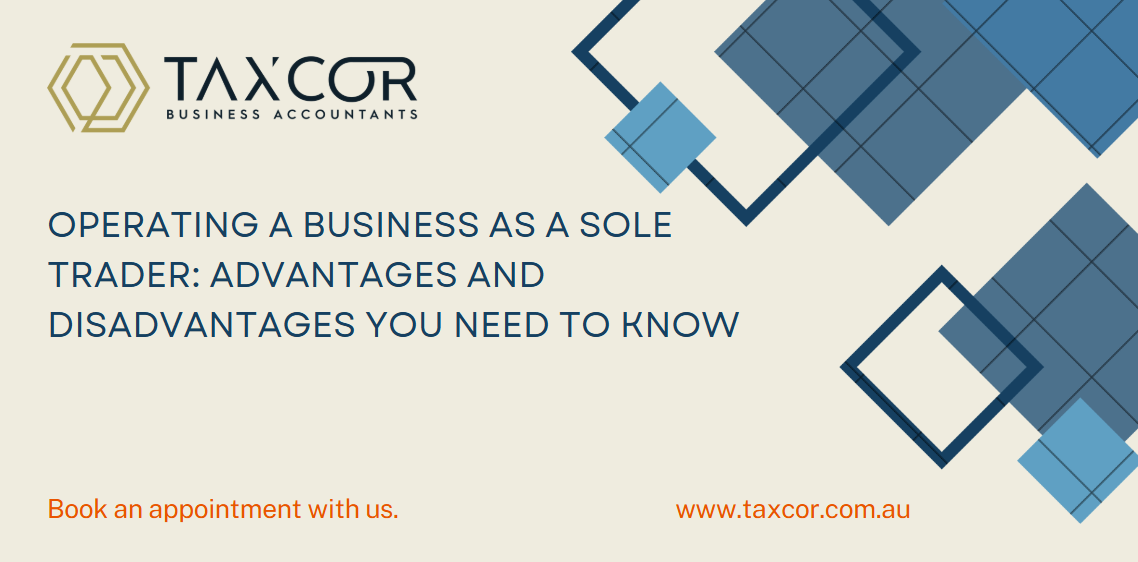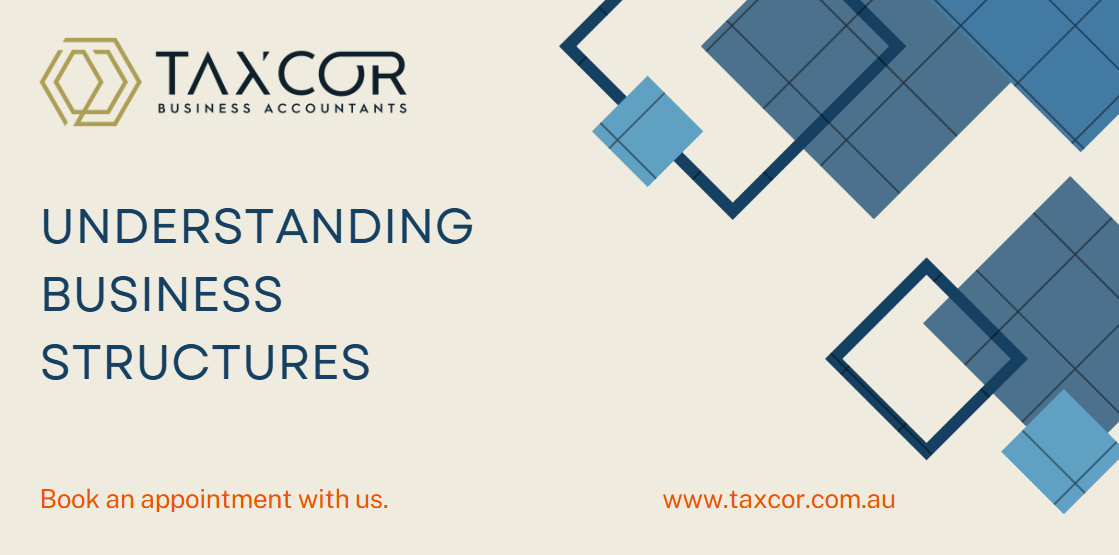Blog

The NSW state Government is attempting to help with the housing affordability crisis by making areas around train stations and shopping centres eligible for rezoning for denser development. It will be important to see your tax adviser if you receive a generous offer from a property developer for your home (or rental property) as a result of this rezoning.
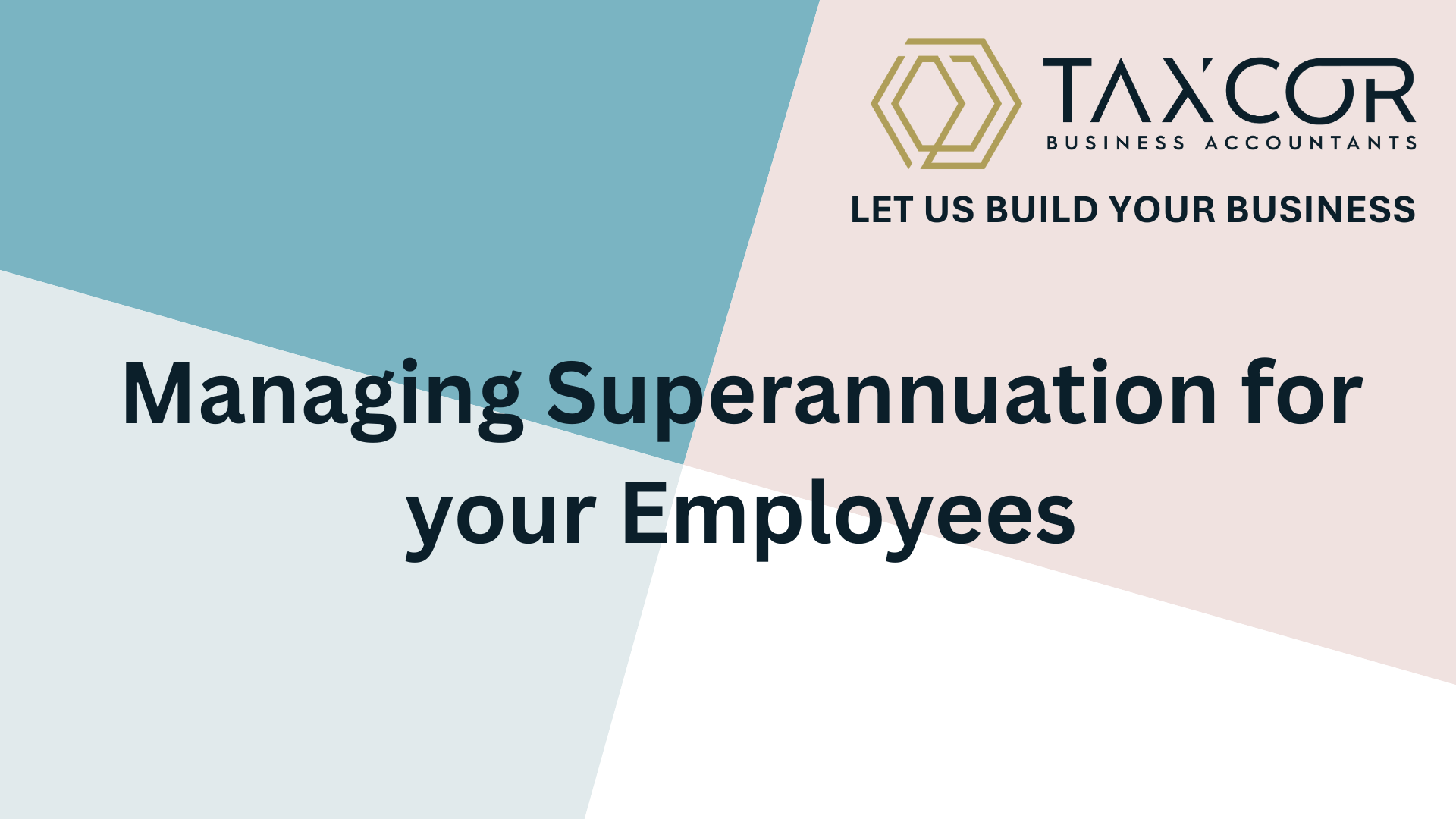
A stapled super fund is an existing super account linked, or 'stapled', to an individual employee so it follows them as they change jobs. This aims to reduce account fees, avoiding new super accounts being opened every time an employee starts a new job. If you don't meet this obligations, penalties may apply.

When starting or growing a business, choosing the right structure is one of the most important decisions you will make. Two of the most common structures used in Australia are discretionary trusts and companies. Each comes with its own set of advantages and disadvantages, and the right choice will depend on your goals, risk profile, funding needs, and long-term plans.


